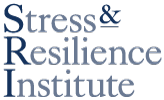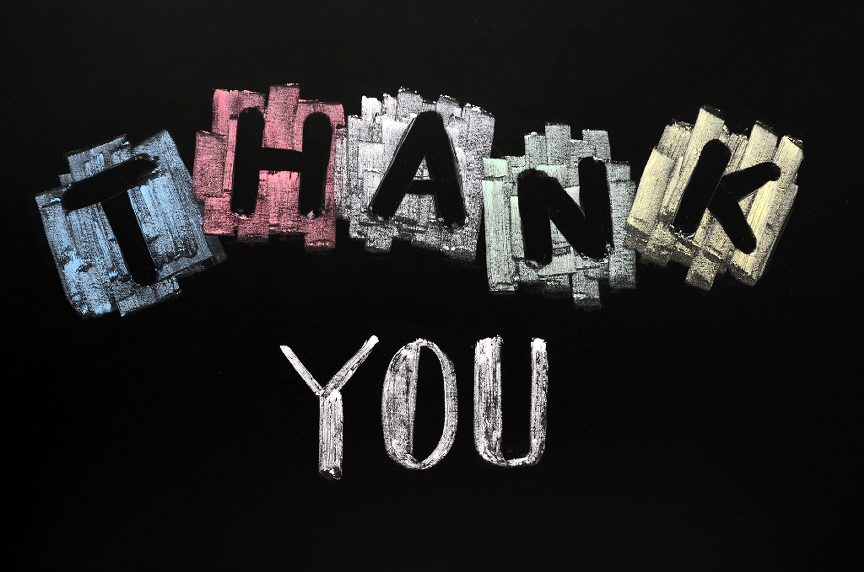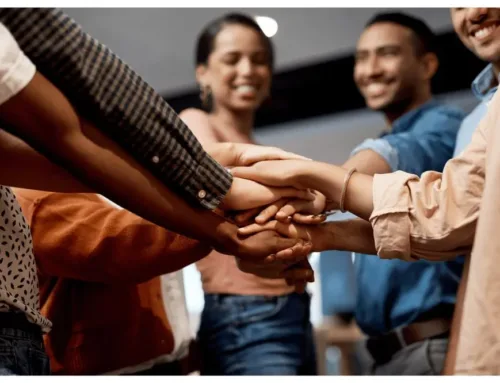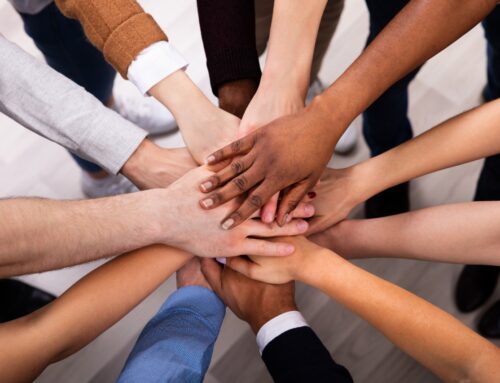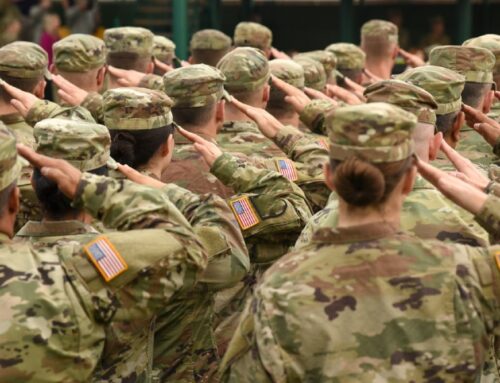Gratitude is among my signature character strengths, and it’s one of the first traits I notice in my business and personal relationships. The research on the benefits of gratitude is extensive, but one of its key benefits is helping people feel more connected to each other (Watkins, Van Gelder, & Frias, 2009) and more empathetic (Maisel and Gable, 2009).
I have experienced both relationship benefits when gratitude is expressed, and the erosion of social bonds when gratitude is delayed or forgotten. Since gratitude is typically expressed with a thank you, here are the four styles of “thank you” I have observed:
TYPE 1: No thank you at all. There is nothing worse than going out of your way to help someone and getting no thanks in return. If you are an assistant, barista, wait staff, cleaning person, or parent to a teenager, you probably experience this type all too frequently.
TYPE 2: The distracted thank you. There is a difference between being polite and being grateful. If you are able to muster some type of smile or audible “thank you” under your breath, but you do so with no connection to the person you are thanking, and you are often preoccupied with something else, like an iPhone or other electronic gadget, then you’re being polite. It’s better than no thank you at all, but not by much.
TYPE 3: The vicarious thank you. See the story at the beginning of this blog post. Nothing says “I don’t appreciate you or take you seriously” more than a vicarious thank you. After all, it doesn’t take much time to send a quick note of thanks via email, and the relationship payoff is huge.
TYPE 4: The sincere thank you. Last week my friend and I attended a luncheon with a wonderful speaker. We were both eager to buy her book after she spoke, but my friend realized she had no cash on her. I gave her $20, she thanked me profusely, and I promptly forgot about it. To my surprise, she mailed me a check for the money AND a thank you note telling me how she wanted to surprise her boyfriend with a gift of the autographed book. I’m still thinking about her kindness days later.
I talk to thousands of people each year, and I end my programs with this: “Stress resilience and burnout prevention start with two simple words – THANK YOU.” Leaders, parents, friends, colleagues, spouses, and partners often miss the opportunity to harness the power of gratitude. Why don’t you start by offering a Type 4 thank you to someone today?
In the meantime, I’d love to hear from you! What type of thank you’s do you regularly experience? How does gratitude help keep your relationships strong?
References
Maisel, N.C., & Gable, S. (2009). For richer…in good times…and in health: Positive processes in relationships. In the Oxford Handbook of Positive Psychology, 2nd Edition (Shane J. Lopez & C.R. Snyder, Eds.) pp. 455-462. New York: Oxford University Press. Watkins, P.C., Van Gelder, M., & Frias, A. (2009). Furthering the science of gratitude. In the Oxford Handbook of Positive Psychology, 2nd Edition (Shane J. Lopez & C.R. Snyder, Eds.) pp. 437-454. New York: Oxford University Press.]]>
